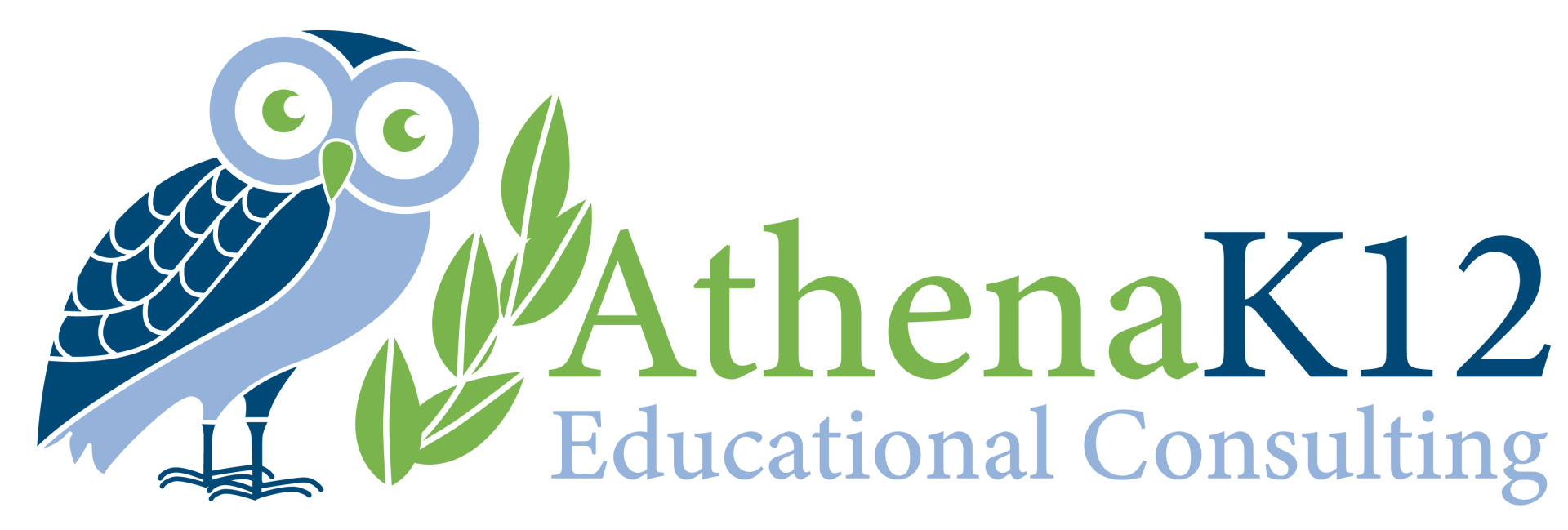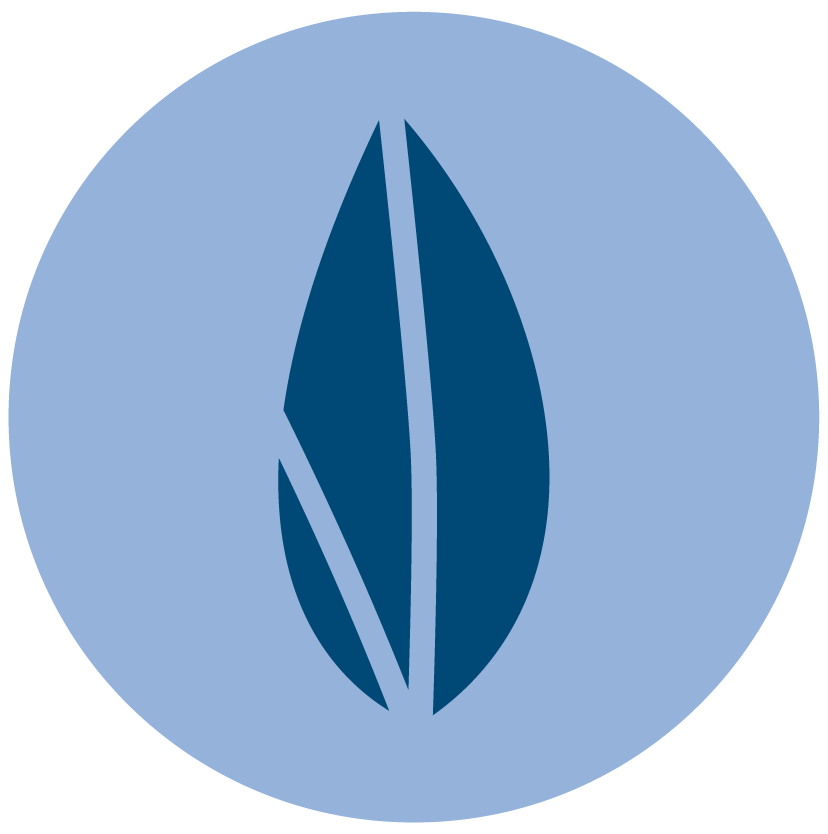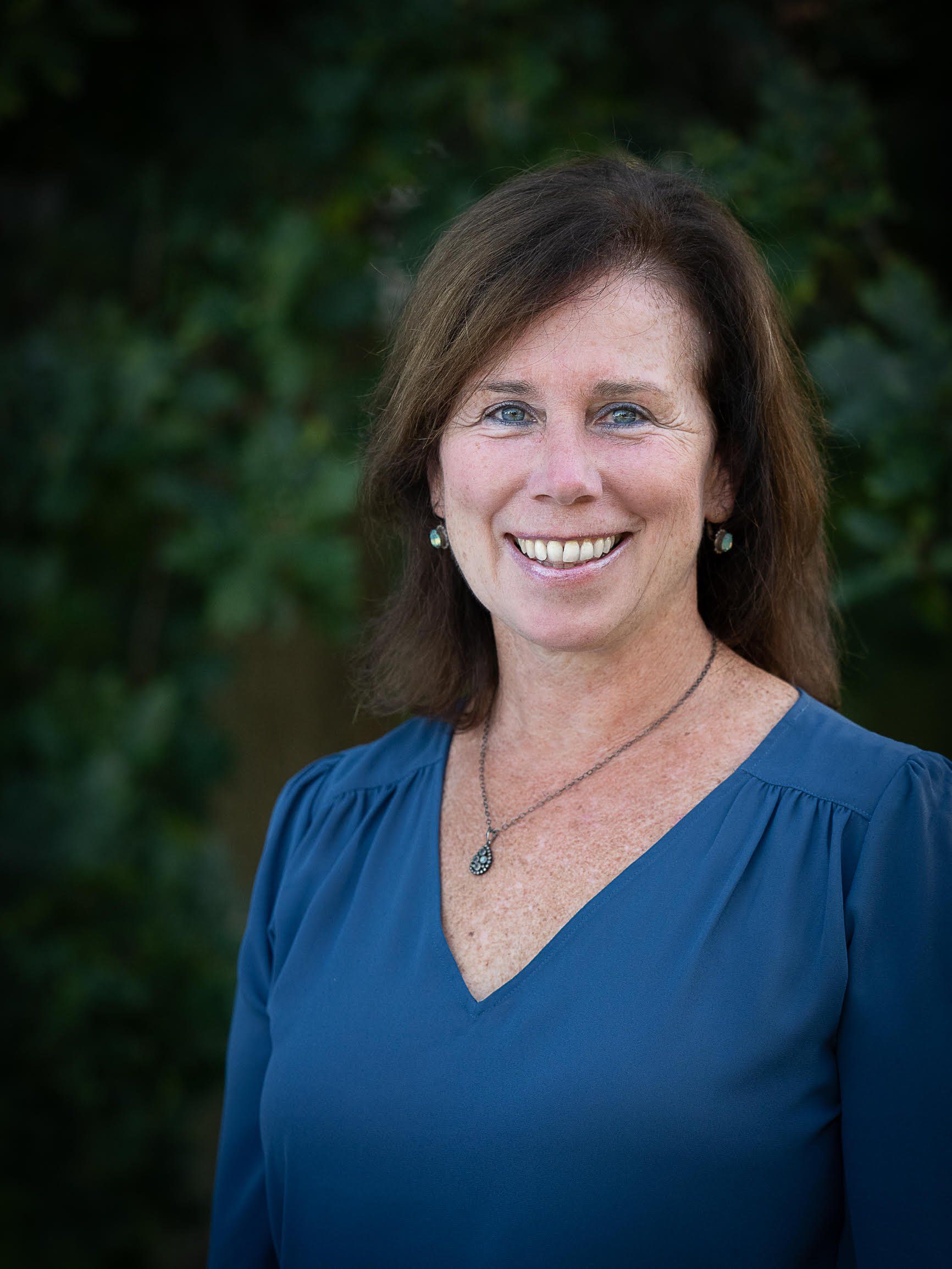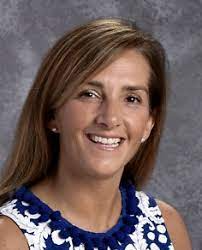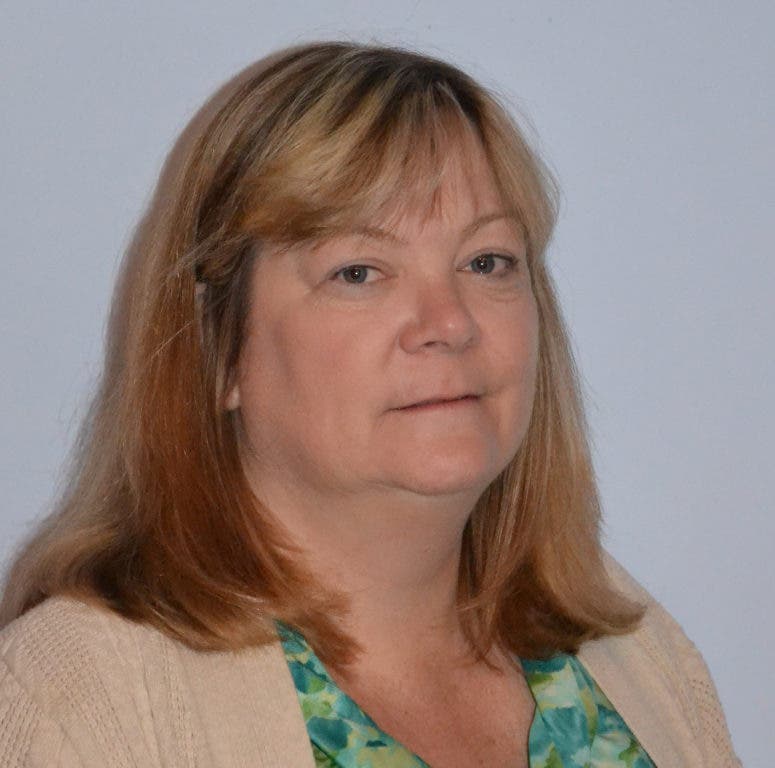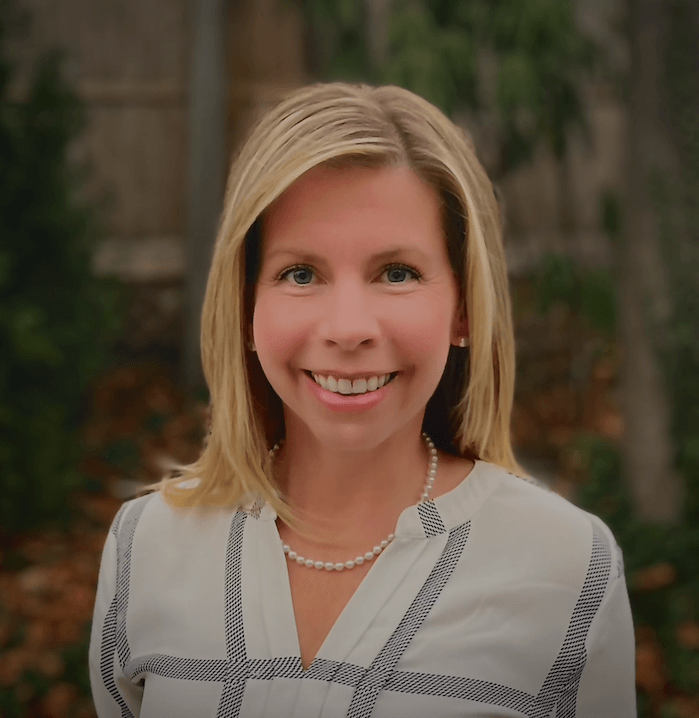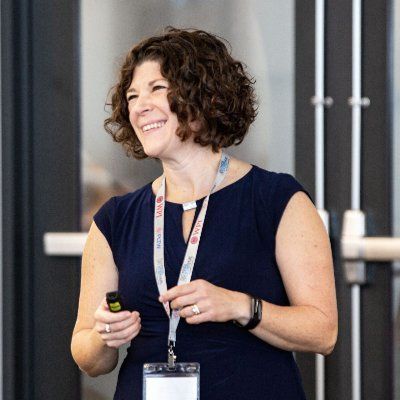Mentoring & Induction
Induction - In pursuit of excellence, equity & impact
Finding success in the first three years.
We provide a three year series of programming that meets MA DESE induction requirements and develops your newest teachers' skills and capacity to thrive in your system.
Schedule a conversation with us about supporting your new teachers with our induction coursework.

Induction I - Starting Well
Core beliefs, strategies and practices for the student-centered classroom.
This year of induction work will create a safe space for brand new teachers to be with other new teachers and share the highs, the lows, the woes, and the growth of that first year (in the role, profession or district). Mentors will be guided in supporting their mentees in applying the ideas and techniques between sessions.

Induction II - The Exemplary Teacher Standards I & II
The Exemplary Teacher (I & II) focuses on Standards I & II of the MA model rubric for educators, and is designed to provide teachers with the strategies, conditions, and interactions necessary for understanding and increasing their impact on student learning, reflection, and engagement.

Induction III - The Exemplary Teacher Standards III & IV
Throughout this course, which focuses on Standards III & IV of the MA model rubric for educators, teachers are immersed in the learning environment we want them to establish and enjoy in their own professional practice.
Induction Program Development
Work with us to analyze and improve the system you have in place to recruit, develop and retain your newest teachers.
Mentor Teacher Training
We believe that mentoring is a critical part of comprehensive induction and
our work together will emphasize:
Work with us to develop a cadre of skilled mentors and transform the professionalism and culture of collaboration in your system.
Mentor Teacher Training - June 24th & 25th
 Learn more & Register
Learn more & RegisterMentoring is a critical part of comprehensive induction, and the work of skillfully trained mentors can transform the professionalism and culture of collaboration in your system.
Train the Trainer - Bring us to your district
 Contact us to learn more.
Contact us to learn more.Equip your mentor leaders with the skills and knowledge to train and support your active mentors.
Mentor Roundtables - Cohort Coming Soon
 Contact us to learn more.
Contact us to learn more.Support your current mentors with monthly sessions throughout the year.
Explore these Essential Questions with us.
Together we can accomplish so much.
- Identify and understand the needs, phases and stages of development of new/novice teachers in order to provide effective mentoring support
- Understand the roles, characteristics and styles of effective mentors and develop the capacity to employ them in a variety of contexts and situations
- Learn techniques for building a collegial relationship where trust, feedback, and dialogue fuel learning and growth
- Enhance the ability of mentors to diagnose new teachers’ struggles and effectively support them in problem-solving
- Refine strategies for supporting new teachers’ lesson planning skills
- Diagnose and solve planning and management problems
- Strengthen differential conferencing skills, including establishing trust and rapport; communicating effectively; delivering negative information; supporting reflective practice in the beginning teacher
- Reinforce the importance of reflection and active questioning
- Promote collegiality and interdependence that contributes to the development of a professional learning community
- Support new teachers as they develop relationships and allies in the school
- Understand when and how to develop and support the new teacher’s ability to mediate and advocate for for themselves in difficult situations
- Consider the current climate of education in MA as well as ongoing state initiatives, and the potential implications for the new/novice teacher
New Teacher Mentor Roundtables
AthenaK12 offers a year-long series of mentor roundtable discussions for mentors of new teachers. This program provides support, networking, refresher training, and resources to support mentors in improving their impact. Mentors will benefit from structured confidential conversations, refresh their toolkit, and become part of a cohort of peer mentors across the state. The structure is intended to be drop-in so that individuals can select as many or as few sessions that make sense for them and fit in their schedule.
Sample Monthly Topics
- Overarching topics & tools throughout all sessions include Communication, Mindset, Trust, & Finding the Time.
- Refresher training topics/tools are subject to change based on the needs of the cohort.
*Note: Dates, times and refresher training topics/tools are subject to change based on the needs of the cohort
-
Understanding the Mentee’s NeedsList Item 1
Conducting Needs Assessments
Matching Mentor Styles
-
Assessing Students, Assessing SelvesList Item 2
Preparing for Evaluation, Report Cards
Engaging with Parents
Practicing Self-Care
-
Building RelationshipsList Item 3
Tending to the Mentor/Mentee Relationship
Employing strong Communication Skills
Having Difficult Conversations
-
Focusing on Student LearningList Item 4
Looking at Student Work
Selecting Instructional Strategies
-
Managing the Classroom
Developing Organizational Systems
Working with Struggling Students
-
Coaching for Success
Engaging in Peer Observations
Providing Feedback for Growth
Cognitive Coaching
-
Navigating Collegial Interactions
Building Professional Practices & Responsibilities
Contributing to Teams
-
Reflecting for Growth
Reflecting for Growth:
Specific topics chosen by cohort
-
Celebrating and Transitioning
Closing out the Year
Take your induction programming to the next level
